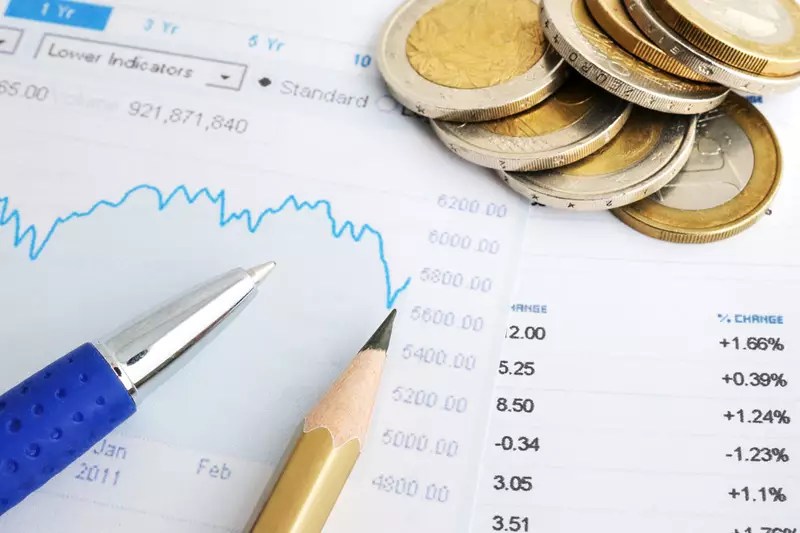The recent political turmoil in Europe, particularly in France, has had a significant impact on currency markets. The euro has been hovering near a more than one-month low as investors are wary of the budget crisis in the euro area. Political uncertainty has been fueled by the rise of far-right and leftist parties ahead of France’s surprise parliamentary election. President Emmanuel Macron’s centrist administration is facing pressure, leading to a brutal sell-off in the French financial markets. Despite this, European Central Bank policymakers have not indicated any plans for emergency purchases of French bonds, further escalating concerns in the market.
The euro has declined to its lowest level since May, with a 0.88% weekly decline, making it a euro-bearish story. This decline has indirectly benefited the dollar, given that the euro accounts for around 57% of the US dollar index weighting. As a result, the dollar has remained firm against a basket of peer currencies, with the dollar index reaching its highest level since early May. The political uncertainty in Europe has contributed to the strength of the dollar, as investors seek a safe haven amidst market volatility.
In the United States, investors are closely monitoring the strength of the economy and the potential for interest rate cuts by the Federal Reserve. Minneapolis Federal Reserve President Neel Kashkari hinted at a possible interest rate cut later this year, with the Fed projecting a median forecast for a single rate cut in 2019. However, the outlook remains uncertain, with economic data providing mixed signals about the health of the US economy.
This week, major US economic data, such as retail sales and flash PMIs, are expected to provide insights into consumer spending and economic strength. Any surprises in the data could lead to a shift in expectations for further Fed rate cuts. The recent Fed meeting is still fresh in the minds of investors, making it crucial to interpret economic data accurately to gauge the Fed’s future actions.
Beyond the US and Europe, other major economies are also experiencing economic challenges. In China, new home prices have been falling at the fastest pace in over nine years, indicating struggles in the property sector. However, retail sales in China have performed better than expected, offering a mixed economic picture for investors. The yuan has remained relatively stable against the dollar, despite concerns about policy easing due to a weak yuan.
In Japan, the yen has reached a 34-year low against the dollar after the Bank of Japan announced cuts to bond buying amounts and details of its tapering plan. The yen’s decline has sparked discussions about potential interest rate hikes in July to offset import costs. However, there are differing opinions about the BOJ’s intentions, with some analysts suggesting that raising rates and tapering are separate decisions based on different criteria.
In the realm of cryptocurrencies, bitcoin has experienced a slight increase amidst the broader market volatility. The uncertainty in traditional currency markets has also affected digital assets, with investors seeking alternative assets for diversification. The impact of political turmoil on currency markets extends to cryptocurrencies, highlighting the interconnected nature of global financial markets.
The recent political turmoil in Europe has had far-reaching consequences for currency markets worldwide. Investors are closely monitoring economic indicators and central bank actions to navigate the uncertainty and volatility in global financial markets. The interplay between political developments, economic data, and central bank policies will continue to shape currency markets in the coming weeks.


Leave a Reply